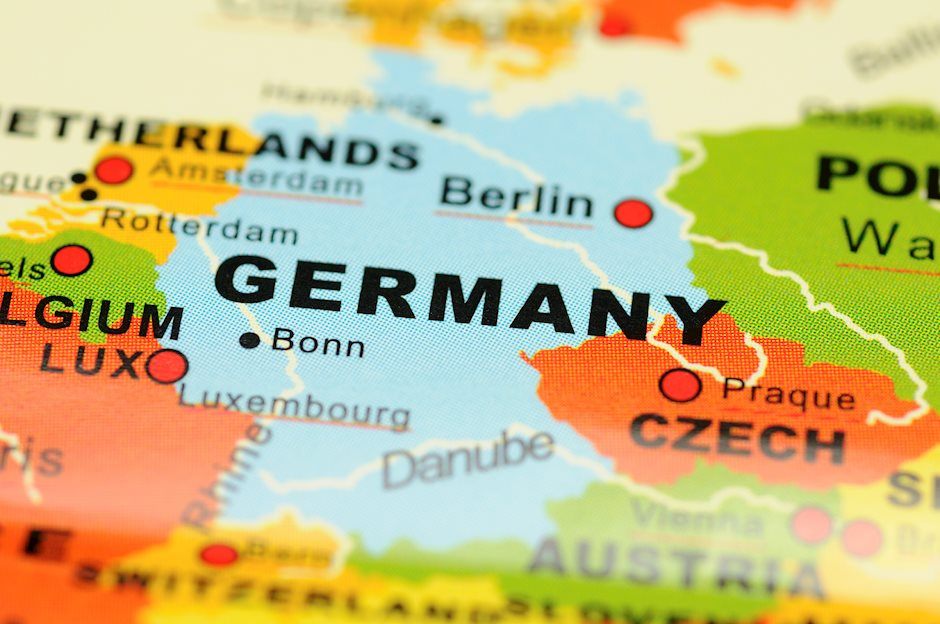What to expect from the Eurozone after the German elections?
-
CDU’s Merkel and SPD’s Schultz likely to emerge the next leader
-
Lesser threat of anti-EU parties shaking the status quo
-
Germany set to bring about more closer integration with the EU
-
New chapter in the France – Germany relations
-
Improving economic outlook and political stability could keep the euro currency on the upside

The German elections are barely a month away. Unlike the other elections in the Eurozone this year such as the Netherland and France, the outcome of German elections is seen to be a fairly positive one for the eurozone.
Lesser threat of anti-establishment parties
Unlike the threat of rising anti-establishment parties in Netherlands and France, the top political parties, which are Angela Merkel's CDU and former European president, Martin Schultz's SPD are likely to emerge the leading contenders in the polls.
While political alliances are not something new to German politics the fact that most of the mainstream parties ruling out any alliance with the right leaning political parties is being seen as a safe bet.
The German elections will see the culmination to the Eurozone political scenario which started on uncertain grounds this year.
So what can we expect from the Eurozone after Germany votes for its next leader? Regardless of whether Schultz or Merkel coming into power, the Eurozone is all set to move forward with its intentions towards closer economic integration.
Will the FPD be able to emerge as a key player in 2017 government formation?
The main question will, of course, be how the leading parties will form their coalition partners. The question is whether Merkel or Schultz will be able to consolidate power without giving away too much.
Smaller political parties such as the Greens, the Free Democratic Party, the Left and the Alternative for Germany (AfD) are unlikely to emerge as the deal makers. Still, any form of government with one of the four smaller parties is unlikely to make a major impact on the national level of policy making or even influence policies in the Eurozone.
Among the smaller parties, the FPD has managed to play a role in the past German elections. However, after failing to make it into the 2013 Bundestag, the party has lost its influence. Still, under the new leadership, the party is optimistic that it will be able to gain a foothold in the 2017 government.
Closer integration with the EU
Both Merkel and Schultz have made it clear about their intentions towards closer integration with the EU. Also in question will be the relations between France and Germany.
For one, Schultz has expressed his desire to tone down the "German leadership of the EU." This has become the norm since the start of the financial and sovereign crisis in the Eurozone.
German led austerity policies have trickled down, affecting the lives of many in countries such as Greece. This also led to a somewhat anti-German view in the countries that were hit by the austerity measures.
By expressing his intentions to tone down Germany's influence in the EU, Schultz is likely to bring back the southern European nations which have felt alienated in the past. However, he does back a stronger integration. This is likely to happen in the event that the SPD manages to form the government with the backing of the FPD and the Greens.
On the flipside, however, the plans for a closer integration with the EU could hit a roadblock.
An alliance with the CDU/CSU and the FPD, on the other hand, could see Merkel race ahead with her plans. While the status quo will be unchanged and Germany likely to remain the key decision maker in EU policies, Ms. Merkel had clearly outlined her view towards building a stronger European Union.
Good times for the common currency?
The outcome of the German elections will also have an impact to the common currency. After starting the year on a shaky note, the euro has become one of the top performing currencies this year. On a year to date basis, the common currency has gained 11.8% and is the top currency across the top G8 currencies.
Given the rather stable outlook from the German elections and not much of a real threat to the Eurozone, the euro currency could be seen making further gains. Boosting these prospects is also the fact that the economic recovery in the eurozone has been relatively stable.
Author

Orbex Team
Orbex

















